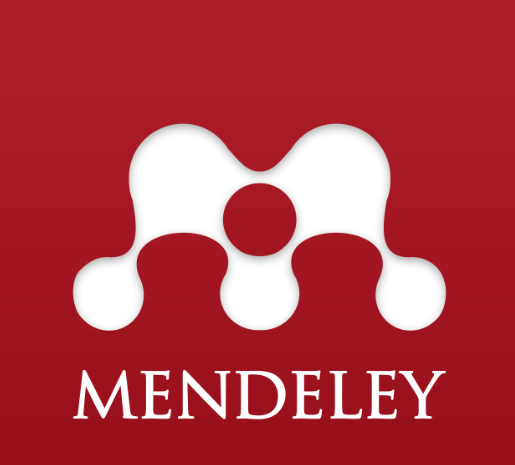MODEL PERILAKU INOVATIF INDIVIDU DALAM PENGGUNAAN PASCA ADOPSI TEKNOLOGI INFORMASI
DOI:
https://doi.org/10.22219/jmb.v2i2.1700Abstract
Sigit Pramono
Universitas Muhammadiyah Malang
E-mail: sigitpramono_03@yahoo.com
ABSTRACT
The aim of this study was to confirm the relationship between variables that allegedly affect the postadoption
behavior of technology in business organizations based on information technology (IT) Post-adoption
behavior investigated was to innovate with IT that appears on the stage of infusion. The object of
research was paperless office internal (POINT) at PT. Telekomunikasi (Telkom), Indonesia, Tbk. Data
was collected from permanent employees of PT. Telkom Indonesia in four locations whose using
POINT application shaped by internal web-based portal. Data collected by using questionnaires in
the period December 2010 to January 2011. Respondent were 118 workers. Data analysis was performed
using a model of Structural Equation Modeling (SEM) with component-based application
assistance SmartPLS 2.0. The results state that user satisfaction, personal innovative and facilitating
conditions were positively related directly to innovate with IT. Post-adoption perceived usefulness
and confirmation of expectations were positively related indirectly to innovate with IT, while selfefficacy
and rewards found no effect on innovate with IT. The result of research confirmed previous
research and conducted discussions on the results of research that was unique. Discussion and conclusions
of study yields several implications and needed further research on the behavior of innovating
with IT.
Keywords: Innovate with IT, the post-adoption behavior, personal innovativeness, self-efficacy, rewards
Downloads
Downloads
Published
Issue
Section
License
Authors who publish with this journal agree to the following terms:
- Authors retain copyright and grant the journal right of first publication with the work simultaneously licensed under a Creative Commons Attribution-ShareAlike 4.0 International License that allows others to share the work with an acknowledgment of the work's authorship and initial publication in this journal.
- Authors are able to enter into separate, additional contractual arrangements for the non-exclusive distribution of the journal's published version of the work (e.g., post it to an institutional repository or publish it in a book), with an acknowledgment of its initial publication in this journal.
- Authors are permitted and encouraged to post their work online (e.g., in institutional repositories or on their website) prior to and during the submission process, as it can lead to productive exchanges, as well as earlier and greater citation of published work (See The Effect of Open Access).

This work is licensed under a Creative Commons Attribution-ShareAlike 4.0 International License.





71.png)





